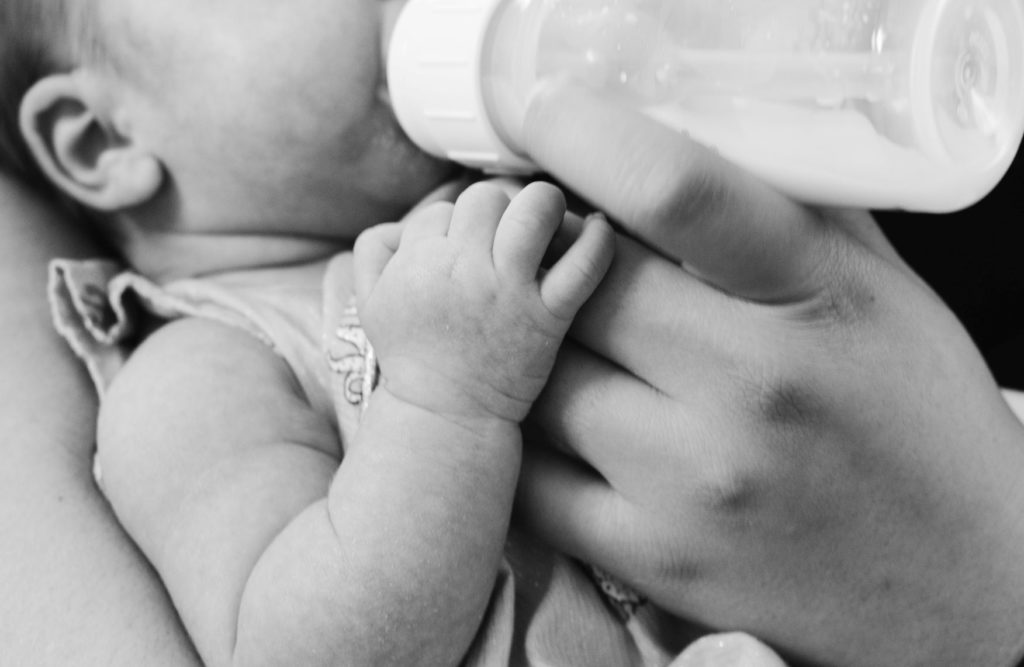
CRITICAL HEALTH & SAFETY DISCLAIMER
mothernity.co.uk is a platform for informational and educational purposes only. This content is based on general research and experienced parent insight and is NOT a substitute for professional medical advice, diagnosis, or treatment. Always seek the advice of your qualified healthcare provider (GP, midwife, or consultant) with any questions you may have regarding a medical condition or before making changes to your health plan or treatments. Never disregard professional medical advice or delay seeking it because of something you have read here.
As a new parent, you’re adjusting to the rhythms of caring for your little one, when suddenly, spit-ups and fussiness come into play. The immediate question that might arise is, “Could it be reflux?” Reflux, especially gastroesophageal reflux disease (GERD), can cause concerns for parents, prompting them to seek medical assistance and relief for their babies.
Acid reflux occurs when stomach contents and digestive fluids flow back into the oesophagus, the tube connecting the throat to the stomach. However, GERD manifests in various ways, so how can you identify its signs?
Spotting the (30) signs of reflux
- Arching of the back
- Redness during arching
- Stiffness in the body
- Difficulty burping
- Wet burps
- Frequent and loud grunting
- Persistent hiccups
- Internal hiccup sounds (“glunk, glerp”)
- Presence of cradle cap
- Occurrence of rashes or eczema
- Excessive hunger even after feeding adequately
- Pulling away from the breast/bottle despite hunger
- Uncontrollable crying (often mistaken for colic)
- Displaying a bitter expression
- Poor weight gain
- Sudden screaming during sleep followed by crying
- Quick startle responses and heightened agitation
- Disrupted sleep, short naps, or no naps
- Emitting foul-smelling gas
- Experiencing loose stools or constipation
- Struggling while passing soft stools
- Showing signs of a runny nose or congestion
- Exhibiting sour breath
- Displaying clear/acidic spit-up
- Clenched fists and raised legs during feeding
- Avoiding lying flat
- Turning the head sideways during feeding (Sandifer Syndrome)
- Gagging while feeding or afterwards
- Expressing chest pain or heartburn
- Frequent coughing
As you review these lists, do you identify any of these symptoms in your baby? If so, your baby may be dealing with reflux. Remember, it’s a fairly common condition, so there’s no need for excessive worry. Instead, let’s delve into the steps you can take to support your baby during this challenging phase.



